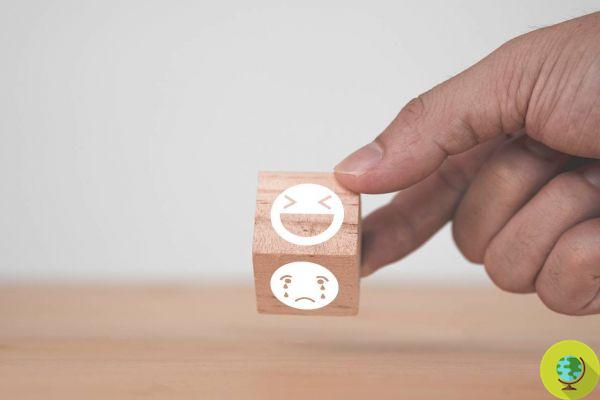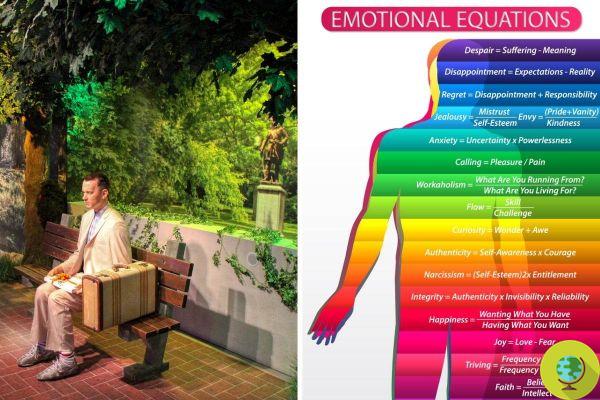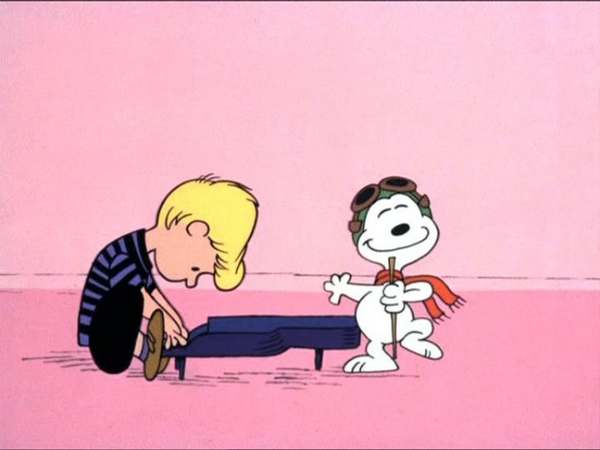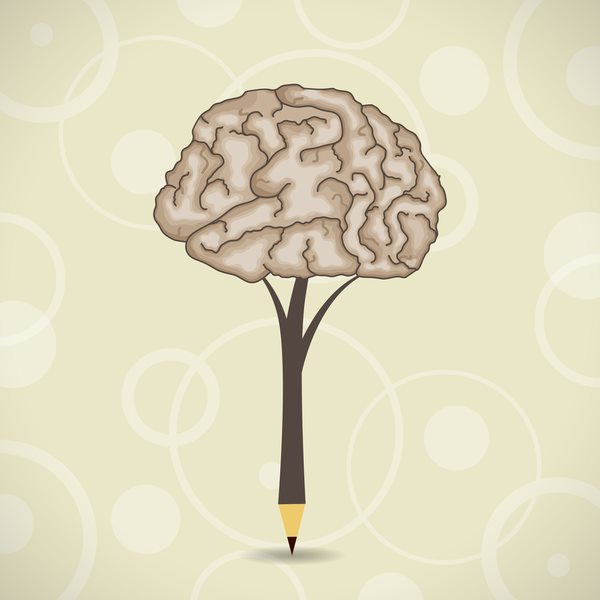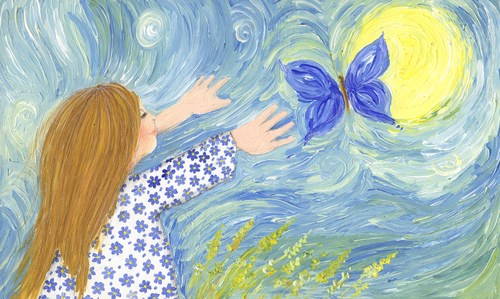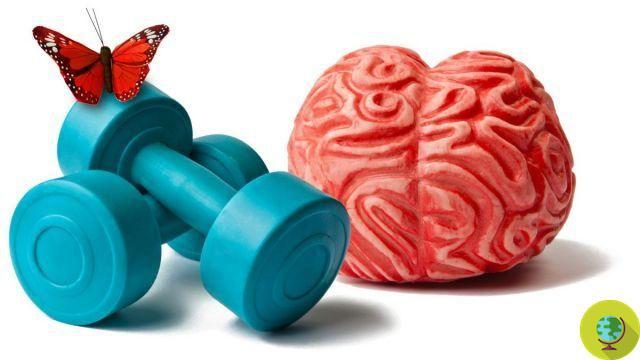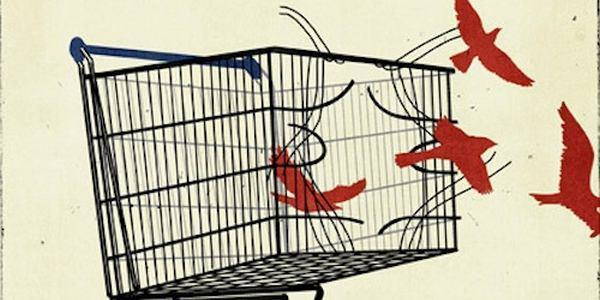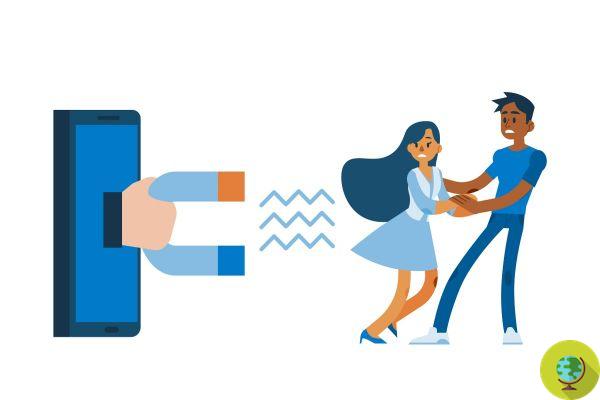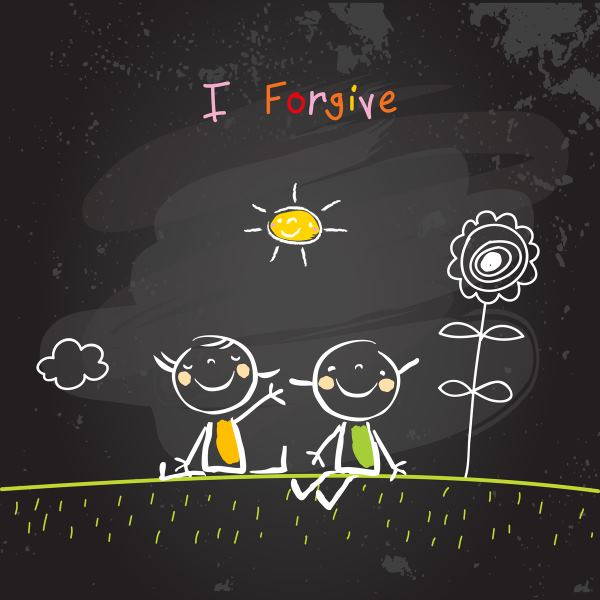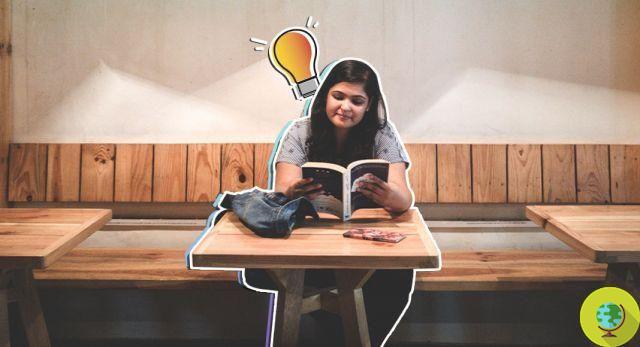
Reading is good for the mind, increases brain connectivity, stimulates empathy and social skills.
Don't store avocado like this: it's dangerousReading is good, you know. It allows you to meet new worlds, observe facts from other points of view, experience unusual situations: indirectly increases your knowledge of life. Not only that: the protagonists of the stories, in reality it happens above all with the characters we prefer, are in some way related to our life; numerous scientific studies have shown that the responses we produce at all levels in everyday life “influence” our way of thinking and behaviors.
So, to begin with: long live reading but, be careful, it is also important to choose not casually what you read (or that you let a child read, for example).
The experience of reading changes the structure of our brain
A study - published in the journal Brain Connectivity - explains how reading, in particular, increases the connectivity of different brain areas including those associated with language processing and primary sensory response (which helps to understand and visualize movement). The interesting thing is that this activation doesn't stop there, closed the book, but - according to the neuroscientist Gregory Berns - remains "almost like a muscle memory".
That is: the benefits are maintained for some time. Regularly reading fairy tales, short stories, novels and stories, therefore, is good.
The effects aren't just on the brain
Reading allows a sort of simulation of social experiences, allows to practice or in any case solicits interpersonal skills; the more one is "emotionally taken" by the story and the character, the more empathy develops. Research from the University of Southern California, published in Human Brain Mapping (and which also includes Antonio Damasio among the authors), confirms that reading (stories) is a universal experience that can "provoke" greater empathy for others, regardless of cultural origins and social differences. It is important because more empathy means - also - more creativity, prosocial and cooperative behaviors, not only attention to the feelings of others but also the recognition and understanding of their emotional signals.
Attention: it is not only the stories (and the quality of the same in terms of constructive psychology or not of the characters, of the values they transmit) that make the difference. The “medium”, the modality that brings them together. Because if they are books, that's fine. But if the stories and the narration of the protagonists pass mainly through television, the final result is overturned; this is especially true for the little ones: according to a study published in the Journal of Communication, preschool children who see a lot of TV - or even have a television in their room - have a lesser understanding of other people's beliefs, thoughts and desires and, in general, they have difficulties in cognitive development and social skills (the negative effect is reduced if what is seen on the small screen then becomes the object of constructive dialogue and confrontation with their parents).
Off the TV, the moral is always the same: reading is a pleasure that is good for you. Feeding him consciously, with good stories, then he does better.
READ also:
- 10 great reasons to read before bed
Anna Maria Cebrelli








